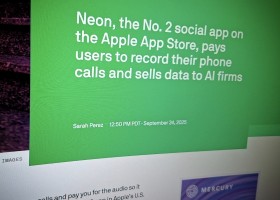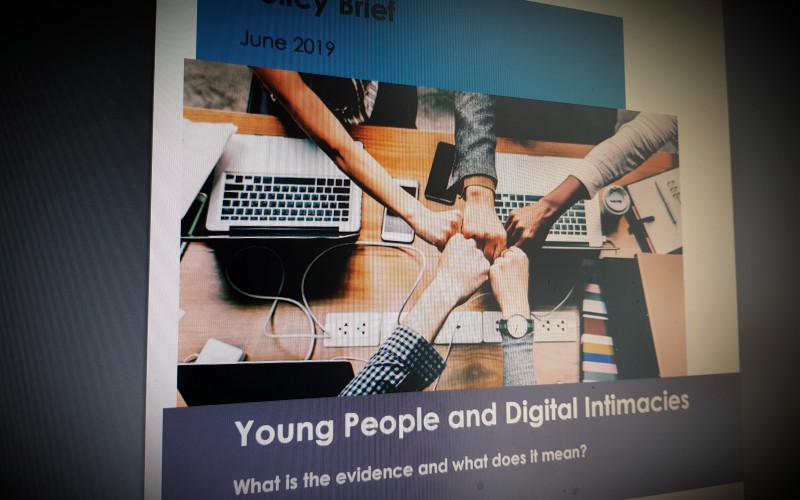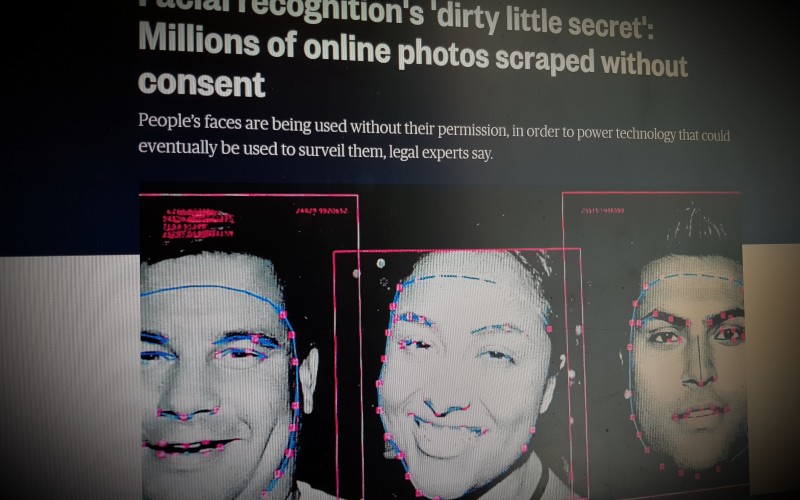YouTube changed today.
The digital video platform, which has battled repeated negative headlines in the last two years, published new terms of service for its users in the European Union and Switzerland last month. Hardly anyone noticed.
The new terms of service for European users also make clearer the requirement for users of the website to be 13 years old or older, otherwise their parents bear the responsibility for their actions










Comments
make a comment